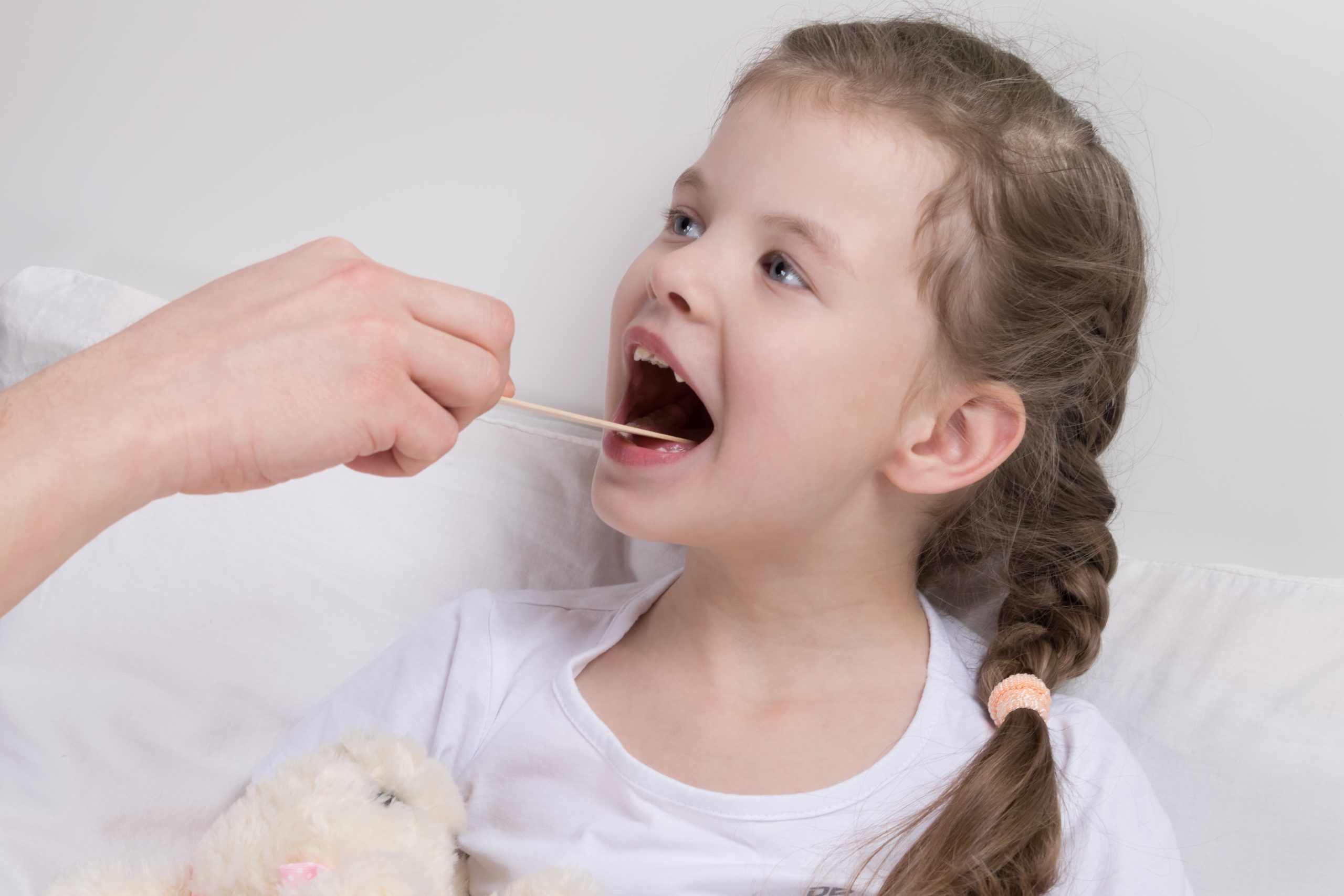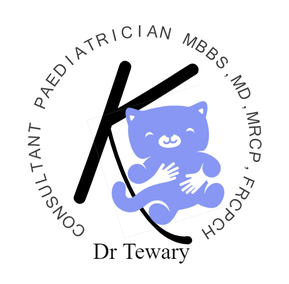Summer Conditions
Birmingham and the West Midlands
Advice on Hay Fever / Asthma
Dr Tewary is a Consultant Paediatrician specialising in various illnesses in children in Birmingham.

Advice on Hay Fever / Asthma
How is Hayfever different from Asthma?
Both Hayfever and Asthma are on spectrum of ‘Atopic conditions, and usually caused by release of intrinsic enzymes/factors such as Histamine or Cytokines. Asthma symptoms occur due to inflammation of upper airways causing a partial obstruction during exhalation, and presents with a typical musical sound called as ‘Wheeze’ and/or difficulty in breathing.
Hayever symptoms are produced due to inflammation of nasal mucosa and usually presents with nasal stuffiness, sneezing, runny nose and blocked nose. The eyes can also be affected causing itchiness with occasional redness, watery discharge and swelling around eyes.
How does a person/child suffer with Hay fever?
Hay fever is usually caused by inflammation of nasal mucosa due to histamine release after being exposed to a trigger such as pollen.
If a youngster suffers from asthma are they also more likely to suffer from hay fever?
It is usually other way round. Hay Fever and Asthma both are part of ‘Atopic conditions’, and a person suffering with Hay fever may have predisposition to Asthma. However not everyone with Hay fever suffers with Asthma symptoms.
How important is it that they continue their inhaler regime?
Is there any case for parents asking their GP to assess their inhaler dosage etc over the summer- Once diagnosed of Asthma, it is important to continue with inhalers as prescribed. There are usually 2 types of inhalers prescribed- Blue and Brown. Blue is a reliever and used ‘as & when ‘when child feels wheezy or breathless, Brown inhaler is a preventer, and once started shod be continued every day as per prescription unless doctor has reviewed the condition and decided to stop it.
It is quite common for people suffering with Asthma with seasonal triggers ie pollens, grass etc have a worsening of their symptoms of Asthma. Once diagnosed doctors are supposed to provide an’ Asthma Treatment plan’ to address these exacerbation and the ways to titrate the dose of inhalers. If provided with a treatment plan, people can titrate their inhalers themselves as per plan prescribed. However if the symptoms are not settling, getting worse, or if they do not have been provided with a treatment plan, they should seek an opinion from their doctor.
Can hay fever go on to spark an asthma attack?
As both Hay fever and Asthma are on spectrum of Atopic conditions, a child suffering with Hay fever may have predisposition for Asthma. However not every child with Hay fever ends up having Asthma symptoms. If a child is having an Asthma triggered by pollen, grass or other environmental factors more experienced in summer, the symptoms can get a worsening.
What precautions can you take to protect your child from the effects of hay fever?
Avoidance of triggering factors often help such as exposure to grass and pollen. However it can be extremely difficult and damaging to a child’s day to day life to implement this.
The general precautions recommended are avoid high pollen count areas/weather, to shake and wash clothes nicely after coming back from outdoors, keep windows closed, dry the clothes inside or in dryer, and regular shower and cleaning hairs and eyes on daily basis helps alleviating the symptoms. Often people advise to avoid histamine producing food such as smoked and cooked meat, Fish, cheese and nuts and take more of mega 3 fatty acid though green vegetables, carrots, beans, and fish oil. The evidence around this is variable.
Smoking affects it adversely, and this should be noted by parents.
Once onset occurs, it is usually treated symptomatically. Many children respond to steroid nasal sprays which reduces the inflammation within nose. Antihistaminic such as Cetrizine or other non-sedating/sedating once also.
Smoking affects it adversely, and this should be noted by parents.
Once onset occurs, it is usually treated symptomatically. Many children respond to steroid nasal sprays which reduces the inflammation within nose. Antihistaminics such as Cetrizine or other non-sedating/sedating once also helps by blocking/neutralising histamine and can be taken after discussing with pharmacist or a doctor. There are also antihistamine nasal sprays available in market now, as well as non-medicated nasal sprays. Any medication should not be used without an advice from a pharmacist or a doctor.
We often think they have hay fever but are there other allergies we should be aware of:
Hay fever typically present with localised symptoms such as nasal congestion, stuffiness, eye irritation in combinations, and has very seasonal occurrence at certain specific times of the year. Other localied conditions such as an Allergic Conjunctivitis (eyes go red and sore, may have thin serous discharge), or Perennial Rhinitis (nasal symptoms round the year) can often be confused with Hay fever. They are usually isolated and need some specific treatment. Children should be seen by a doctor if symptoms are not settling with normal day to day remedies, and/or going worse.
Are there any over-the-counter medicine that can offer good hay fever/allergies relief?
Anti-histamine tablets and syrup are available on counter,as well as non-medicated nasal sprays. However one should not use it without disusing with the local pharmacist.
Are there any lifestyle changes such as diet or exercise that could ease the problem?
A good and active lifestyle often boosts the immunity. Avoidance of Histamine releasing food and taking more of Carotine and Omega 3 fatty acid has been shown to provide some relief, the evidence is variable.
Are some parents actually missing the signs of asthma thinking there child is simply suffering from hay fever or an allergy?
Asthma often presents with a unique noise while breathing called as ‘Wheeze’. It is a musical sound often heard during the exhalation. The child may have breathlessness in addition. Asthma should be ruled out if parents think there child is wheezy or having any difficulty with breathing.
We don’t want to wrap our children in cotton wool but should asthmatic children avoid any particular environments during the summer?
Though Asthma is most commonly precipitated by viral infections, a proportion of children may have onset with exposure to environmental factors such as Pollen, Grass, Tree furs, Animal furs etc. While avoidance of these factors often helps in alleviation of symptoms, it is not recommended to restrict a child’s activity from playing out to the extent of affecting their development and socialization. A balance should be achieved with precautions as above mentioned.
If your child has hay fever and you know they are not asthmatic is there any point taking them to their GP if you think symptoms are more severe than usual?
It is always advisable to see a doctor if symptoms are more severe than usual seen for isolated Hay Fever, or it can be discussed and assessed by a qualified pharmacist and take forward from there.
